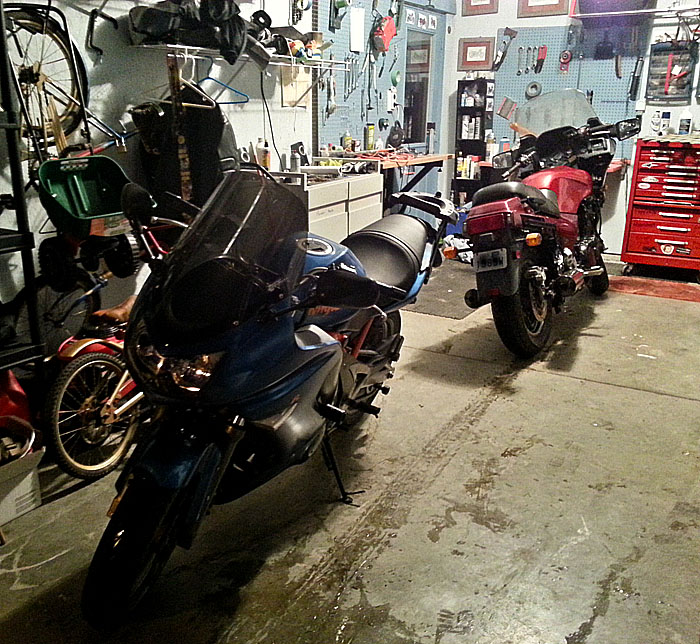We re-aligned our computer courses last year. Our school formerly was one of the few with a Computer Studies Department, with computer science and computer technology courses all existing under a single banner. Last year the department was dissolved and computer science was put under the Mathematics Department while computer technology was re-integrated with the Technology Department.
I transitioned from Computer Studies Head to a co-head of Technology, but I’m finding working in such a diverse (we cover everything from metal work to food school to digital design) department challenging. With so many horses pulling in so many directions, I can’t help but feel that digital technologies tends to be a second thought. Rather than feel excluded I’ve been finding ways to develop a stronger digital technologies continuum.
The computer lab has always been next to the design lab, though run by different departments. Now that we’re on the same team so to speak, I’ve been re-thinking how digital technologies, always minimally represented in terms of classes, should work within the school. We’ve been developing an integrated digital technologies curriculum in order to facilitate that.
With the dissolution of Computer Studies the realigning of our school’s digital technologies was inevitable. No longer is Technology Design the lone digitally focused technology course in the department. Combined with Computer Technology, our digital technology courses can now offer a continuum of learning across a wide variety of digital platforms.
I initially felt that dissolving the computer department was going to be bad for the discipline, but now I’m feeling a new synergy.
By drawing together our digitally focused technology courses under the many common threads they share we’re able to offer 9-12 curriculum in a wider variety of areas. For students in a rural area where digital-tech doesn’t have the social impact it has in more urban settings this is a big deal.
The first step was to diversify our high-tech offerings. I argued successfully at Heads for Tech-Design to offer Robotics (our tech design teacher has a background in it). I also argued successfully for a Software Engineering option that would allow students interested in the field to experience industry standard practices around software development rather than the mathematics focus offered by computer science.
From the junior grades students get a wide variety of choice in 11 & 12 around what aspects of digital technology they want to pursue. And even if the student isn’t going into a tech-focused profession, they are at least able to develop the kind of digital fluency that will be handy in any 21st Century workplace. Of course, digital-tech doesn’t end at the workplace. If we’re going to graduate citizens capable of communicating in the 21st Century, they need to have digital fluency.
I always felt isolated as the head of computers with only a part time comp-sci teacher who wasn’t interested in collaborating. Now that I’m the co-head of tech, or perhaps Head of Digital Technologies fits better, I’m able to empower our tech-design as well as my own computer-tech fields and build a more complete set of options for our students to benefit from.
Change isn’t always easy, but in this case I feel like it’s led to a good place where teamwork and a common goal has replaced cold, distant collegiality.





















